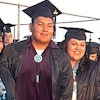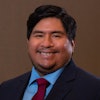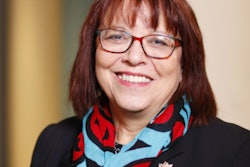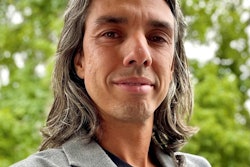UPPER FRUITLAND, N.M. — A University of Denver program is helping Native Americans draft wills, helping overcome a cultural aversion to discuss death.
About 20 law students from the University of Denver Sturm College of Law visited the Upper Fruitland Chapter of the Navajo Nation to help tribe members draft wills, The Daily Times reported.
The program was created after the American Indian Probate Reform Act of 2004 changed the way pieces of land are distributed to heirs and heightened the importance of making a will.
Julie Redhouse, an accounting technician for the Office of the Special Trustee in the U.S. Department of the Interior, said trust land used to be equally divided among heirs before the reform act. Under the new rule, a will or gift deed designates who inherits the property and any payments from mineral leases,
Redhouse said if no such documentation is in place, the property is equally divided, like before the act. However, if the ownership interest is less than 5 percent, which Redhouse said many are, the property goes to the oldest child.
Rosie Chavez, 76, who worked with the University of Denver students on her will, said she went to work with the university program to prevent conflict after her death.
“If I don’t do nothing about my land, there’s going to be fights. … I want them to have shares and enjoy their life,” Chavez said.
Chavez does not speak English and used an interpreter to communicate.
The Office of the Special Trustee in the U.S. Department of the Interior reached out to law schools around the country about developing such a program in 2013. The University of Denver was the only one to respond.
First-year students provide customer service while second-year law students interviewed clients, reviewed documents and actually wrote wills. Supervising attorneys then reviewed the wills before preparing them for final signatures.
The project has provided services in Arizona, Colorado, Montana and Utah.
Traditionally, topics like death are not often discussed in Navajo society.
Chavez said she respects Navajo tradition, but she thinks it’s important to make sure her land is divided among her children.
“I have to set the example, so they can follow what I wrote in this will. My belief in tradition, I had to overlook that, overcome that,” Chavez said in Navajo.





















